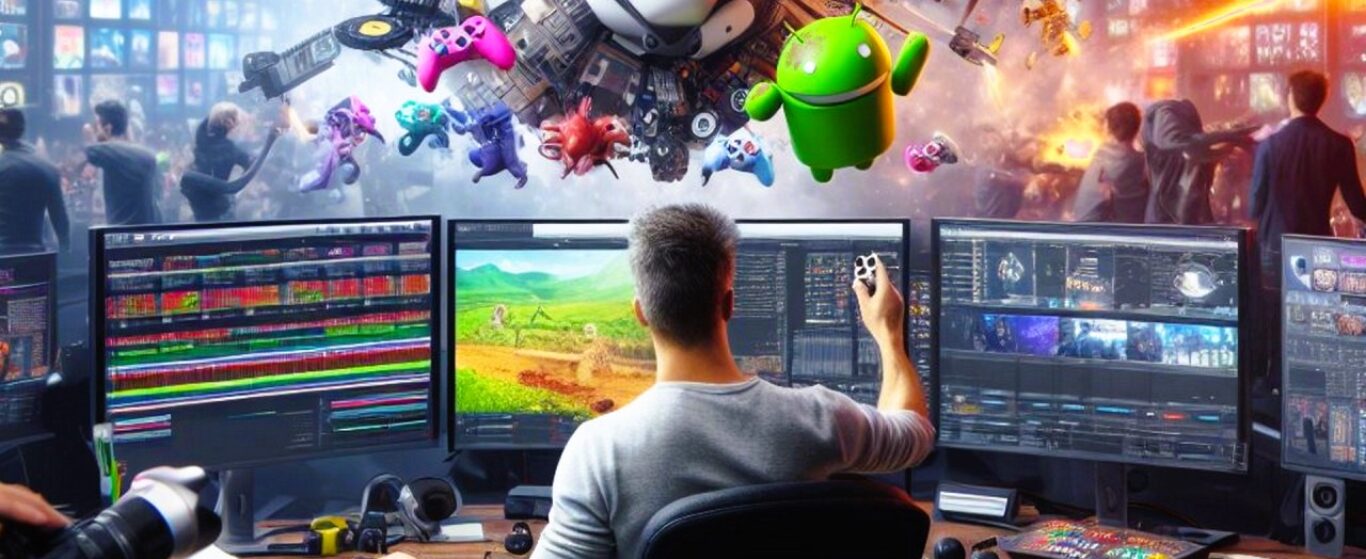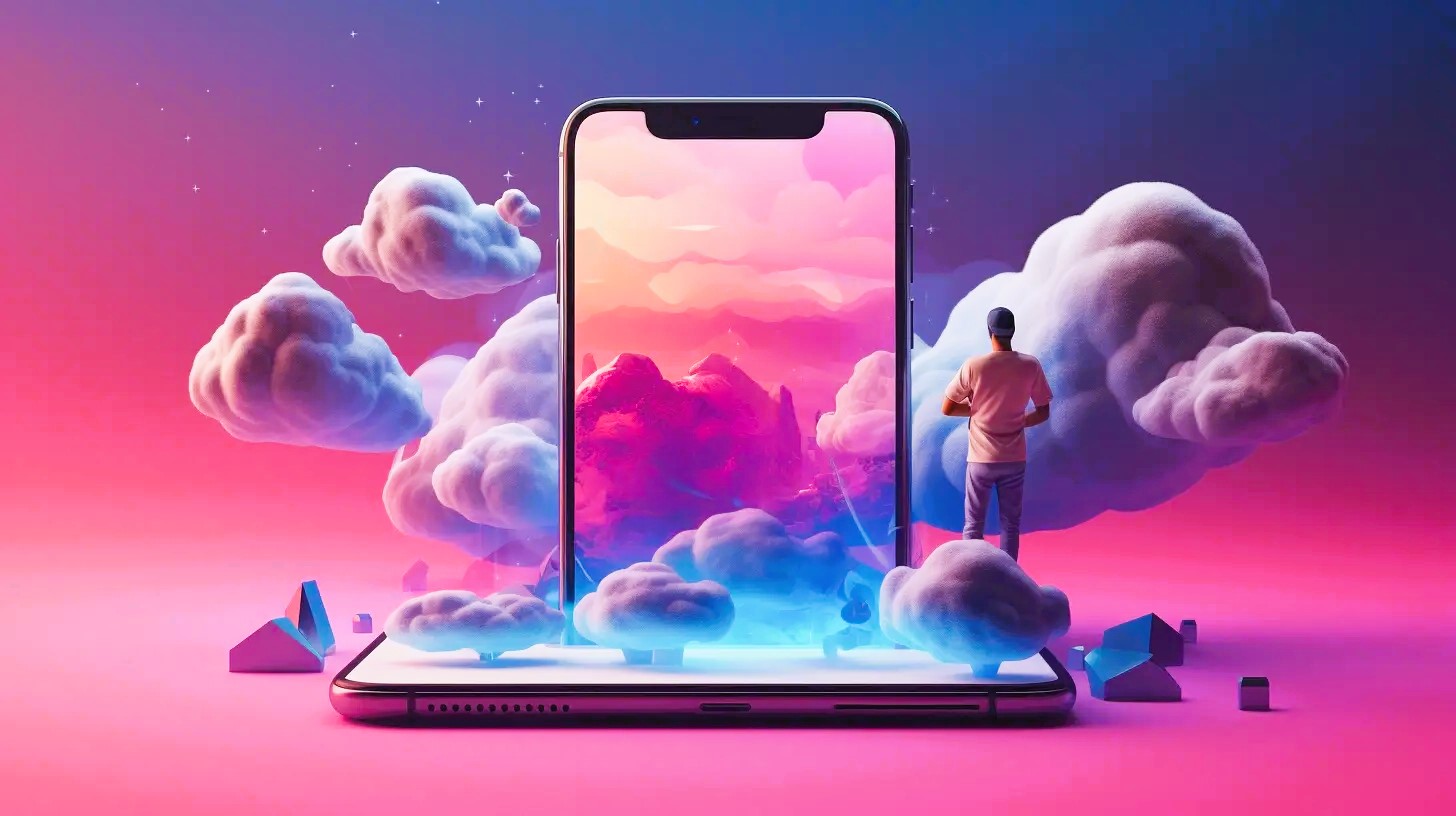Mobile gaming has transformed entertainment, emerging as a dominant force in the gaming industry. With billions of users worldwide and revenues surpassing traditional console and PC gaming, mobile gaming has a bright future filled with potential. As technology advances and user preferences shift, several trends are poised to shape the next generation of mobile gaming. This article explores these trends, offering predictions on how mobile gaming will continue to evolve in the coming years at the best minecraft server hosting.
1. Enhanced Graphics and Processing Power
One of the most significant advancements in mobile gaming has been the increase in graphics quality and processing power. Thanks to powerful mobile processors like Apple’s A-series chips and Qualcomm’s Snapdragon line, mobile games are now capable of delivering near-console-quality graphics.
The Role of 5G Technology
The rollout of 5G technology further enhances mobile gaming experiences, offering faster download speeds and lower latency. This enables smooth gameplay and opens the door for more graphically intensive games. With 5G, titles that previously required powerful hardware may soon be accessible on mobile devices, making mobile gaming more versatile.
AR and VR Integration
Augmented reality (AR) and virtual reality (VR) are also transforming mobile gaming. Games like “Pokémon GO” have set a foundation, blending the real world with digital elements. As AR and VR technologies improve, we can expect more immersive mobile experiences that uniquely combine gameplay with users’ environments.
2. Cross-Platform Play
Cross-platform play has become an essential feature, allowing users to connect regardless of their device. As mobile devices become more powerful, a rise in cross-platform compatibility is anticipated, enabling mobile gamers to join console and PC players in multiplayer games.
Unified Gaming Ecosystem
Games like “Fortnite” and “Call of Duty: Warzone” already support cross-platform play, bridging gaps across devices and fostering inclusivity. This approach not only enhances user experience but also unifies gaming communities across platforms. Developers are increasingly recognizing the advantages of cross-platform play, which is likely to become a standard feature in more mobile games.
3. New Monetization Strategies

The monetization model for mobile gaming is shifting. While traditional pay-to-play games still exist, free-to-play (F2P) and subscription-based models are growing rapidly. Services like Apple Arcade and Google Play Pass offer access to a game library for a monthly fee, changing the way players interact with mobile games.
Microtransactions and Seasonal Passes
The F2P model, which leverages microtransactions, remains dominant. Many games offer optional in-game purchases for cosmetic items, boosts, and exclusive content. Seasonal passes are also becoming popular, incentivizing continuous play with limited-time events and rewards. The future of mobile gaming monetization likely includes even more innovation, balancing monetization with enjoyable gameplay. Read our article about the History of Game Consoles.
4. The Growth of Cloud Gaming
Cloud gaming is poised to revolutionize mobile gaming. Services like Google Stadia, Xbox Cloud Gaming, and NVIDIA GeForce NOW allow players to stream games on their mobile devices without needing high-end hardware.
Breaking Device Barriers
With cloud gaming, mobile gamers can access high-quality games that might otherwise require powerful consoles or PCs. This shift democratizes access to demanding games, allowing users on basic devices to experience console-level quality. As cloud technology and internet infrastructure expand, cloud gaming may redefine mobile game development and accessibility.
5. Social and Multiplayer Experiences
Gaming has become increasingly social, with players seeking ways to connect and compete with others. Multiplayer and cooperative experiences, in particular, are seeing high demand, prompting developers to integrate more social elements.
Building Communities in Games
Games like “Among Us” and “Clash Royale” have achieved success by promoting social interactions and multiplayer experiences. Community-building features, such as clans, alliances, and in-game chat, enhance engagement and longevity in games. As mobile gaming becomes more social, developers will likely incorporate even more tools to foster interaction, strengthening in-game communities and providing new experiences.
6. Increased Diversity and Inclusivity
The gaming industry is paying greater attention to diversity and inclusivity, and mobile gaming is no exception. Titles are beginning to feature more diverse characters, storylines, and gameplay options, appealing to a broader audience.
Representation in Gaming
Games that prioritize inclusivity, such as “Celeste” and “Life is Strange,” have been widely praised for their thoughtful narratives and diverse characters. Mobile game developers are similarly adapting, understanding that a diverse range of stories and characters can foster a deeper connection with players from varied backgrounds.
7. Artificial Intelligence in Game Design

Artificial intelligence (AI) is playing a transformative role in game development, enabling developers to create more responsive and engaging environments. AI algorithms can personalize experiences based on player behavior, tailoring gameplay to individual preferences.
Procedural Generation and Adaptive Experiences
AI-driven procedural generation allows for the creation of dynamic game worlds that evolve based on players’ actions. This enhances replayability and keeps players engaged as they encounter new challenges each time they play. As AI technology advances, mobile games will likely feature increasingly complex worlds and adaptive gameplay, making the gaming experience feel more immersive and personalized.
The Future of Mobile Gaming: A Bright Outlook
The mobile gaming industry is evolving rapidly, with technological advancements paving the way for new and exciting possibilities. Enhanced graphics, cross-platform play, evolving monetization, and cloud gaming are just a few trends shaping the future of mobile gaming.
As mobile gaming becomes more social and developers focus on diversity and inclusivity, the industry will likely continue to attract a broader audience. The integration of AI will further personalize and enhance gameplay, offering experiences tailored to individual players’ preferences.
With these trends in mind, mobile gaming’s future looks promising, offering a more immersive, accessible, and inclusive experience for players worldwide. For further insights into the gaming industry, check out resources on Wikipedia to stay up-to-date on the latest developments and innovations in gaming.
The journey of mobile gaming is far from over, and as technology advances, the potential for new, engaging experiences grows. Players can look forward to a future filled with innovation and a more personalized, connected gaming landscape.


